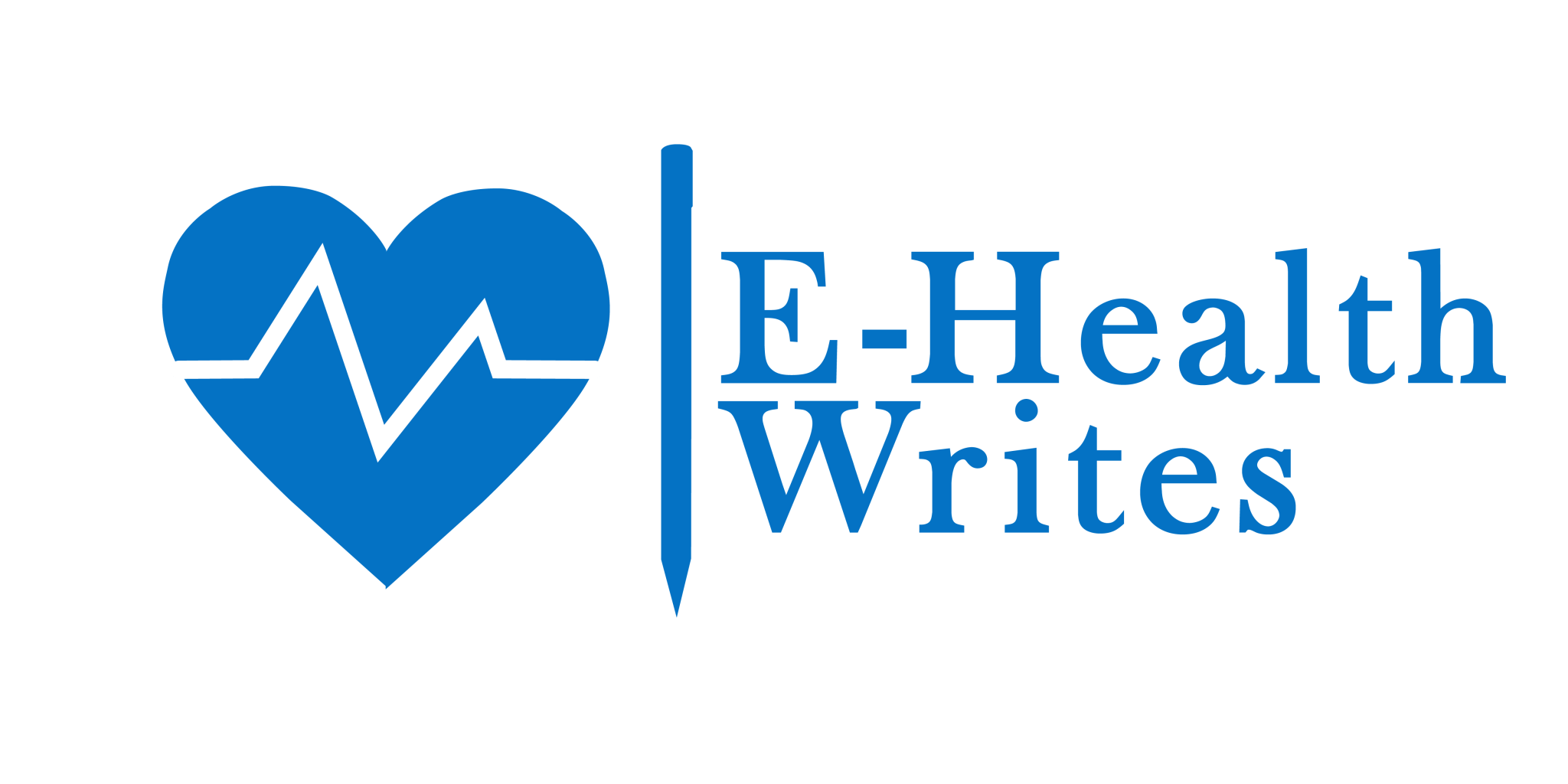- You are here:
- Home »
- Blog »
- General
- » 5 Tips for Hiring a Health Writer
5 Tips for Hiring a Health Writer
Tips for Hiring a Health Writer
158,000,000 results (last I checked)!
The number of search results from Google on the phrase, ‘health writer’ or ‘medical writer’.
This number is sure to increase on a daily basis.
Health and Medical writers alike see this need and try to fill it (the terms, ‘health writer’ or ‘medical writer’ are used interchangeably, for the most part).
With the influx of freelance health or medical writers offering medical writing services, making the right writer-choice is a cause for concern.
Irrespective of the niche or publication format, every company or organization needing the services of a health or medical-writer wants results. However, not all provide the needed results or quality.
The question then is, how do you choose the right health or medical writer for your project?
These five tips will help, both with the present hiring process or the next.
1. Define the Goal of the Health Writing Project from the Start.
Most health-writing employers overlook the goal of the project.
Place your goal in focus and ensure you communicate this clearly to your medical writer, this will help focus you both on important features and improve the potential for quality.
Self-assessment questions like the following should help,
Why do I need a health writer (for this project)?
What aspect of the project do I need help with?
Who is the desired end-publication for (your audience)?
Is it a large project that may require an agency, a team or just one person? (this is helpful for project(s) that may require a large number of individuals).
What level of confidentiality is attached to the project?
Do I need a complete done-for-me service or just guidance on the project?
2. Check for or Request Writing Sample(s)
The health writer portfolio or samples give insight into the knowledge profile of the writer and specialty areas. This includes samples of previous works, mock-ups, blogs or case-studies on the writer’s website, LinkedIn pages, Facebook pages or other links to previous works.
This knowledge provides a glimpse into the skills that can be transferred to your project. Also, consider the presence of testimonials from previous customers as evidence of social proof or pre-suasive elements.
Where samples are not publicly available, feel free to contact the writer asking for copies of past works.
In some cases, such information may be confidential, and not publicly available. However, feel free to get in touch with the medical or health writer directly, if in need of samples. It’s also possible that a public display of client testimonials may not be readily welcome, moreso, from past employers in conservative societies.
3. Communication and Language Abilities
English is the major language used in the varied forms of medical writing publications. The ability to carry on a two-way conversation (while discussing the needs of the employer) and conduct needed revisions is important to ensure that goals are met.
The increasing level of education and availability of varied programs/software helps both native and non-native English speakers to improve the quality of their publications.
That said, open and adequate communication is essential to help achieve set goals for the writing project. Also, the medium of communication, personality and preferences of both the medical or health writer and the employer are quite important factors to consider.
4. Evidence of Commitment to Continuing Education
This is an icing on the cake. With the developing trends, advancements in the medical and health writing fields continue. These include getting up to speed on research advancements (clinical trials, primary and secondary studies) in the field, guideline updates and ethical principles.
Commitment to continuing education provided by membership associations and association with them, is a strong indicator of an informed medical or health writer.
A health writer who takes advantage of these provisions is poised to give you the best value and quality for your project(s).
Note: You can familiarize yourself with the resources mentioned here.
Due diligence is key though, as some use these memberships as placards for social proof only.
5. Ethics, Guidelines & Updates
Knowledge of best practices and professional standards for the project is necessary.
Familiarity with the guidelines in specialty-related areas improves the quality of your project.
These serve as a basis for decisions on potential conflicts of interest, localization of applicable guidelines, ethics, and principles needed for drafting the plagiarism-free, end-document. These include the varied Code of Ethics, GPP-3, ICH, ICJME, etc
These tips on hiring a health writer should increase your chances of achieving your objectives for that project with a health writer, ‘write’.
Meet deadlines, avoid the stress of having to repeat the search process and save on time and money for your company.
Overall, you get relaxed knowing that your writing project would remain confidential.
Also, the possibility of a relatively stress-free, repeat business is increased.
These tips are not exhaustive, however, they should help with your first or subsequent experience with a health writer.
Related Posts
Skip the Hazards of Outsourcing with These Tips and Suggestions
Content Strategy Execution Guide for Health Writers
Letter to the Editor: How to write a Cover Letter with the AIDA principle
How to Access Full-text Research Papers Online (5 free strategies)
15 Best Google Chrome Extensions for Medical Professionals
5 important tips for conference presentation, even if it’s your first time
Zika News: Ongoing Strategies Against the Spread of Zika Virus Infection
